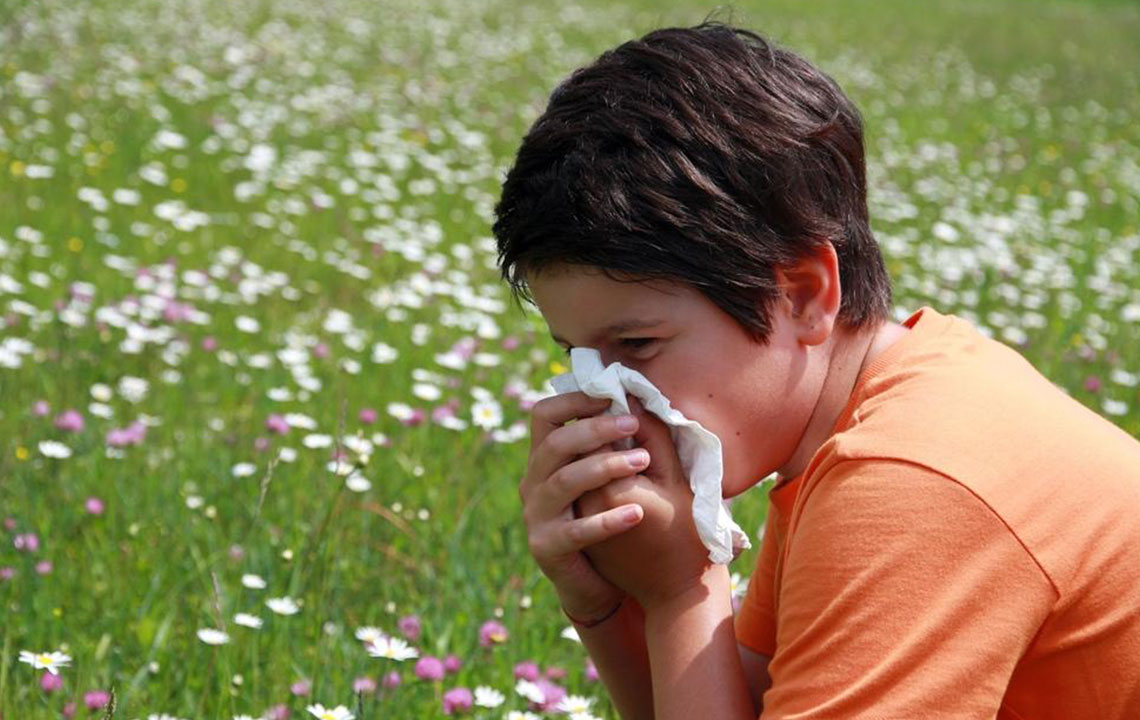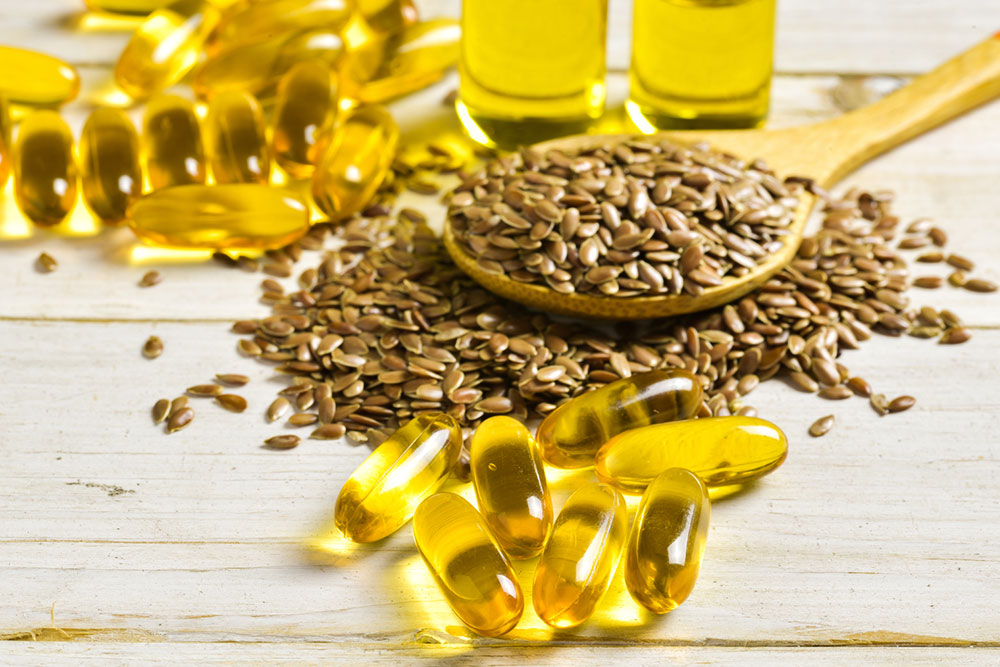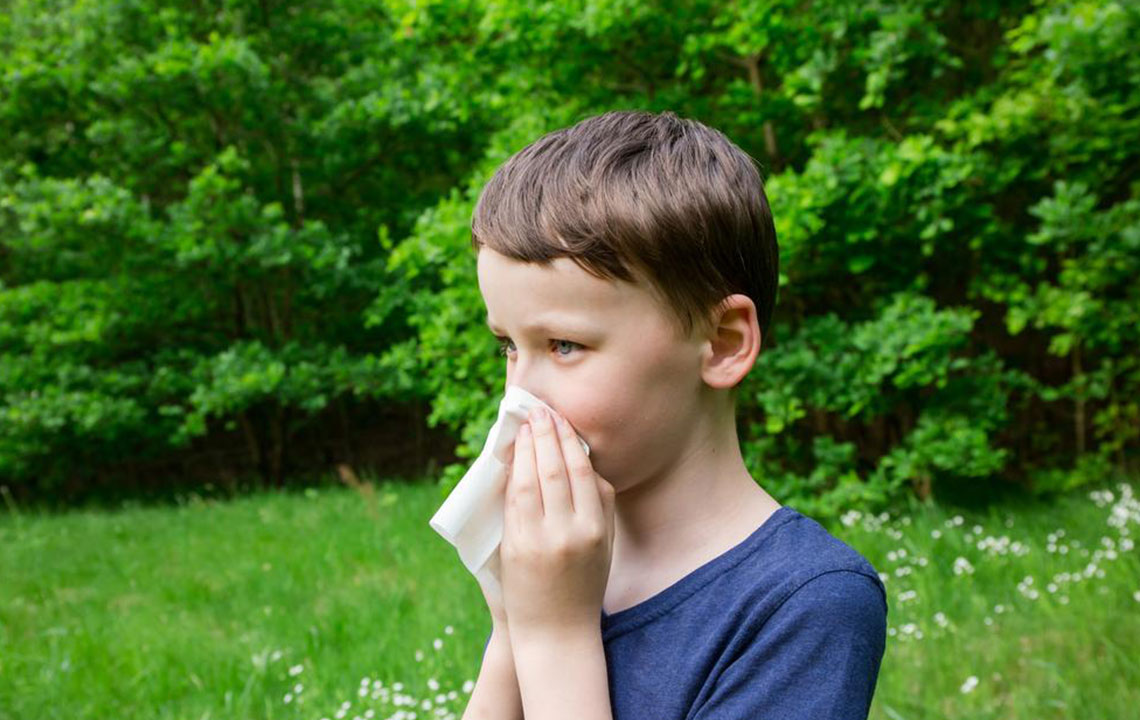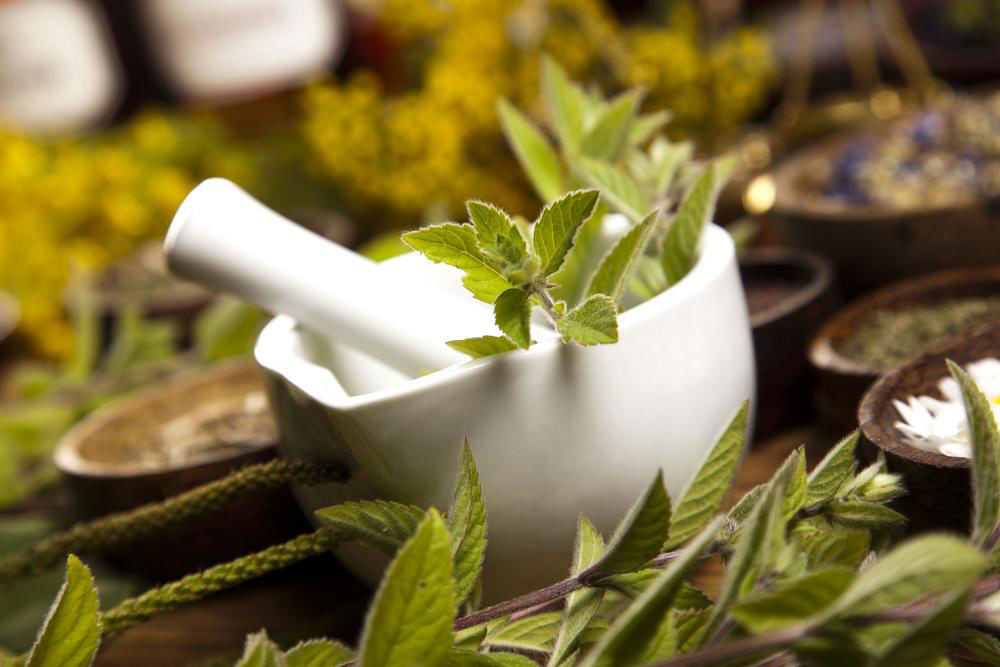Natural Foods to Alleviate Pollen Allergy Symptoms and Improve Immunity
Discover effective natural foods to combat pollen allergies and boost your immune system. Learn how bee pollen, onions, probiotics, turmeric, and fatty fish can help alleviate allergy symptoms naturally. This comprehensive guide offers tips on integrating these foods into your diet to enjoy pollen seasons with fewer discomforts and better overall health.

Natural Foods to Alleviate Pollen Allergy Symptoms and Improve Immunity
As pollen allergy cases continue to rise globally, many individuals are seeking safe and natural ways to manage their symptoms. While medications are often prescribed, dietary adjustments and natural foods can play a significant role in reducing allergy severity and enhancing overall immune health. Incorporating specific foods into your daily diet can help alleviate common pollen allergy symptoms such as sneezing, nasal congestion, itchy eyes, and inflammation. This comprehensive guide explores the top natural foods proven to support allergy relief and strengthen your immune response during pollen seasons.
Bee Pollen: Nature’s Immune Booster
One of the most effective natural remedies for pollen allergies is bee pollen. This nutrient-dense substance, collected by bees from flower pollen, is rich in proteins, vitamins, minerals, and enzymes that can help modulate immune responses. Consuming bee pollen regularly, especially before the pollen season peaks, can enhance your body's ability to tolerate and resist pollen allergens. It’s recommended to start with small doses, such as a teaspoon, and gradually increase as tolerated to avoid adverse reactions, particularly if you have known allergies to bee stings or pollen. Bee pollen can be added to smoothies, yogurt, or taken directly as a supplement for best results.
Onions: A Natural Antihistamine
Onions are a dietary powerhouse packed with quercetin, a natural flavonoid renowned for its antihistamine and anti-inflammatory properties. Quercetin helps inhibit the release of histamines—the chemicals responsible for allergy symptoms—thus reducing sneezing, runny nose, and nasal congestion. Including raw or cooked onions in your meals during allergy season can provide relief from these symptoms. Additionally, onions support general respiratory health by reducing inflammation in airways, making breathing easier on days when pollen counts are high.
Probiotic-Rich Foods: Supporting Gut and Immune Health
Emerging research highlights the critical connection between gut health and immune response. Incorporating probiotic-rich foods such as yogurt, kefir, sauerkraut, and kimchi into your diet can help balance gut microbiota, which in turn modulates immune system activity. A healthy gut microbiome helps reduce allergic responses and enhances your body’s ability to fight off pollen allergens. For optimal benefits, select natural, unprocessed probiotic foods daily, and consider probiotic supplements if necessary after consulting with a healthcare provider.
Turmeric: The Anti-Inflammatory Superfood
Turmeric, especially its active compound curcumin, has potent anti-inflammatory and decongestant effects that can ease allergy symptoms. Incorporate turmeric into your cooking—such as in curries, soups, and teas—to benefit from its medicinal properties. Curcumin helps decrease inflammation in irritated nasal passages and relieves congestion, providing natural relief from allergy-related cold symptoms. To improve absorption, consume turmeric with black pepper or a small amount of fat, enhancing its bioavailability.
Fatty Fish: Rich in Omega-3 Fatty Acids
Fatty fish, particularly salmon, mackerel, and sardines, are excellent sources of omega-3 fatty acids. These essential fats are known for their anti-inflammatory properties, which can help reduce the severity of allergy symptoms. Regular consumption of omega-3-rich fish supports immune health, helping your body respond more effectively to pollen allergens. Incorporate these fish into your diet at least twice a week for sustained benefits. If you are a vegetarian or vegan, consider omega-3 supplements derived from algae.
Adopting these natural foods into your dietary routine can significantly improve your resilience against pollen allergens. Alongside traditional allergy medications, these nutritional strategies offer a holistic approach to managing allergy symptoms. A balanced diet rich in immune-boosting, anti-inflammatory foods not only alleviates discomfort during pollen seasons but also promotes overall health and wellbeing, enabling you to enjoy spring and summer days more comfortably.





